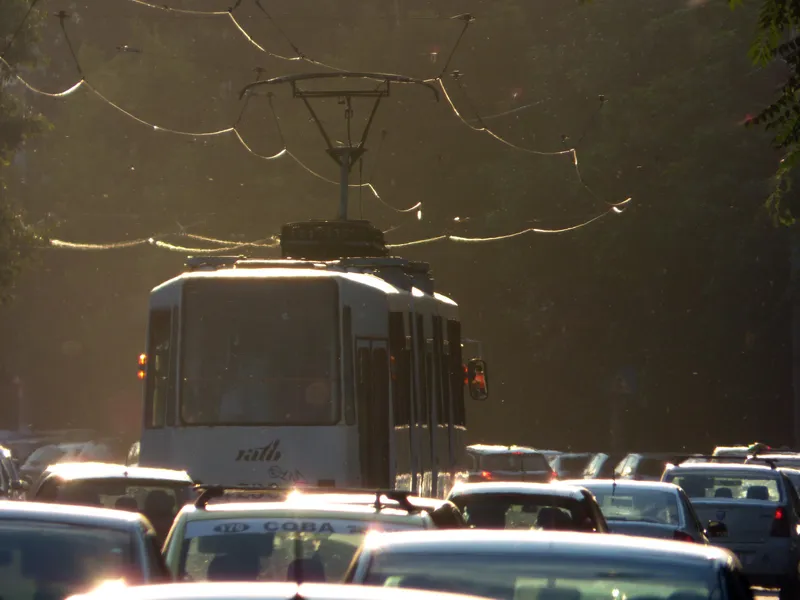VisLab, a spin-off of the University of Parma, Italy, has been acquired by US image processing systems developer Ambarella for US$30 million.
VisLab, founded in 2009 and managed by Alberto Broggi, professor of the Department of Information Engineering, specialises in computer vision software, particularly for automotive applications. The company has won several awards for its research and for its challenges such as the 15,000 kilometres autonomous vehicle driving test from Parma to Shanghai in 2010.
July 13, 2015
Read time: 2 mins
VisLab, founded in 2009 and managed by Alberto Broggi, professor of the Department of Information Engineering, specialises in computer vision software, particularly for automotive applications. The company has won several awards for its research and for its challenges such as the 15,000 kilometres autonomous vehicle driving test from Parma to Shanghai in 2010.
In 2014, VisLab developed DEEVA, the latest prototype equipped with sensors and video cameras capable of perceiving and interpreting real time movements and objects around it and consequently deciding autonomously where to move at which speed.
VisLab believes the commercialisation of such technologies will revolutionise road transportation and will especially help increase road safety by reducing accidents caused by the human factor, or driver distraction and irresponsible attitudes
As part of the acquisition, VisLab and its research team will remain in Italy.
“We have constantly improved our technology through a series of road tests, such as the 2013 tour of Parma (from the University Campus to Piazzale della Pilotta) made by an autonomous self-driving vehicle without any human intervention,” says Professor Broggi. “Now, we are ready for industrialisation.”
“Computer vision is an area of significant focus for Ambarella and for our market,” says Fermi Wang, CEO of Ambarella. “It is very important for us to work in synergy with the University of Parma, where VisLab has been developed”.








